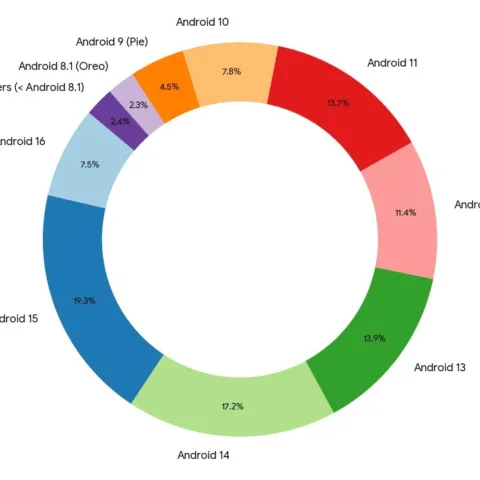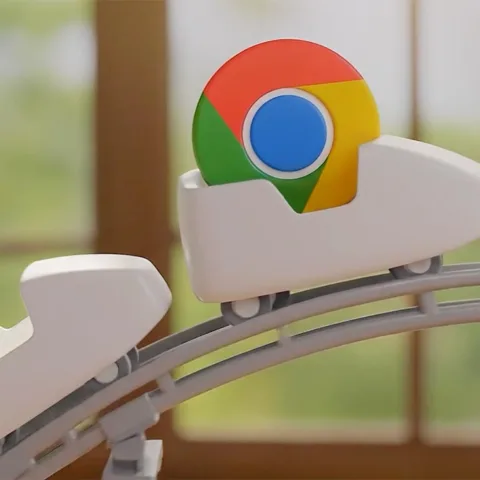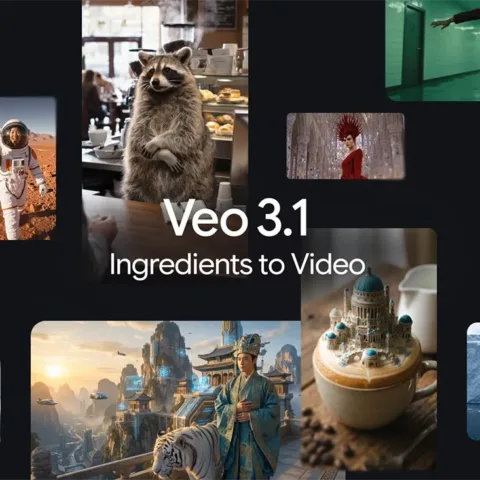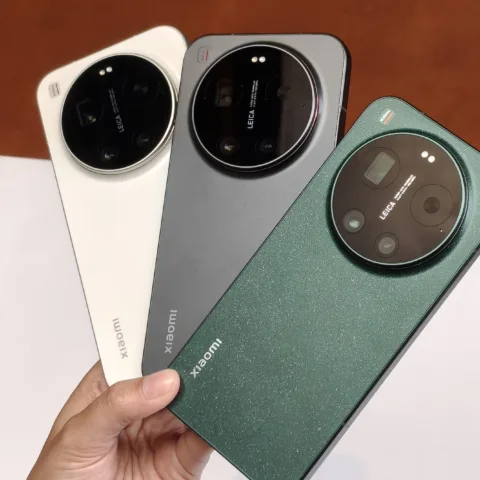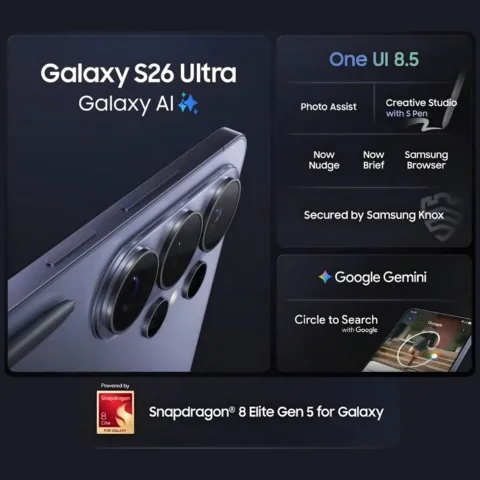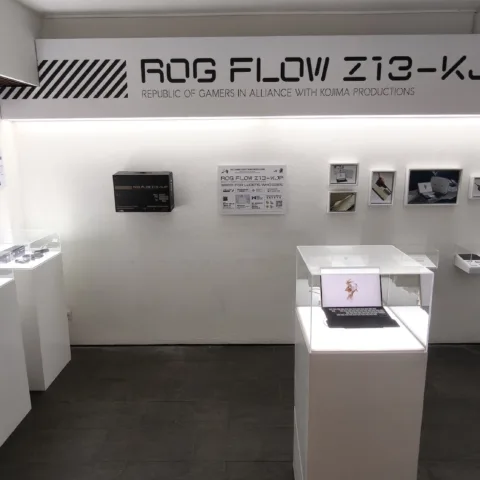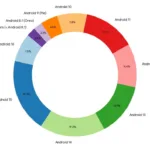Google acknowledges fragmentation in Android by making changes to the terms for the software development kit that Android developers use to create Android applications. The change, according to Cnet is in section 3.4 in which it tells developers to agree to maintain a uniform experience for consumers when using their applications.
There’s no doubt that Android is fragmented. More than 54% of Android devices still use Gingerbread which was released first in December 2010 while fewer than 30% run version 4.0, also known as Ice Cream Sandwich, or newer, according to Google’s own statistics. Of that portion, only 2.7% run Jelly Bean (4.1) and even fewer still run Jelly Bean 4.2 which was only just released a few weeks ago.
For most Android customers, perhaps it doesn’t really concern them if their devices don’t run the latest version of Android but it creates a gap with developers who want to take advantage of the latest abilities that Google has to offer in Android.
There are also security issues that are taken care of when the underlying system gets upgraded to the latest version. Keeping Android devices on older versions is not a prudent practice but it certainly allows for faster distribution of Android.
For many manufacturers to be able to push unit sales at lower price points, it’s a lot more economical if they manufacture devices on the lower end of the scale, which means these units won’t be able to run the latest version of Android because it requires faster processors and more memory. Unfortunately, the low end is where the majority of the market is and at the moment it’s not possible to get those units to be upgraded to the latest version.
With this new change, developers are asked to maintain uniformity when creating their apps, but does this mean they are asked to cater to the lowest common denominator? Wouldn’t this deprive consumers from having the best set of features available? Any developers who care to weigh in, you may comment below.
From Cnet’s report:
Section 3.4 of Google’s new terms, which were updated Tuesday, reads, “You agree that you will not take any actions that may cause or result in the fragmentation of Android, including but not limited to distributing, participating in the creation of, or promoting in any way a software development kit derived from the SDK.”
[update] On second thought, perhaps it’s not the versioning problem that Google is concerned about with this new update, perhaps it the fact that the SDK could be used to create apps for offshoots of Android, in other words, operating systems based on Android or based on components that make up Android, but are not Google’s Android. Like Alibaba’s mobile OS for example or Amazon’s Kindle Fire.

